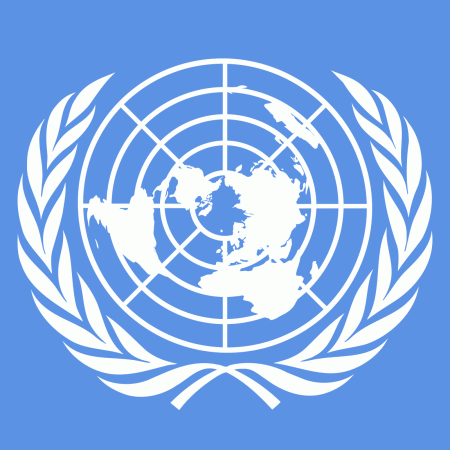Bhutan bid to UNSC failed
The United Nations General Assembly has elected Argentina, Australia, Luxembourg, the Republic of Korea and Rwanda to serve as non-permanent members on the Security Council for two-year terms beginning on 1 January 2013.
The five countries obtained the required two-thirds majority of those Member States present and voting in the secret ballot, held at UN Headquarters in New York, to decide on the new composition of the Council, which deals with global peace and security issues.
The 193-member Assembly elected Argentina, Australia and Rwanda in a first round of balloting, with the Republic of Korea and Luxembourg elected in a second round.

The five newly-elected members will replace Colombia, Germany, India, Portugal and South Africa, whose terms end on 31 December 2012.
The five permanent Council members, which each wield the power of veto, are China, France, Russia, the United Kingdom and the United States. Non-permanent members Azerbaijan, Guatemala, Morocco, Pakistan and Togo will remain on the Council until the end of 2013.
Under the UN Charter, the Council has primary responsibility for the maintenance of international peace and security. It has 15 Members, and each Member has one vote. Under the Charter, all Member States are obligated to comply with Council decisions.
In addition, the Council takes the lead in determining the existence of a threat to the peace or act of aggression. It calls upon the parties to a dispute to settle it by peaceful means and recommends methods of adjustment or terms of settlement. In some cases, it can resort to imposing sanctions or even authorize the use of force to maintain or restore international peace and security.
The Council also recommends to the General Assembly the appointment of the Secretary-General and the admission of new Members to the United Nations. And, together with the General Assembly, it elects the judges of the International Court of Justice (ICJ).